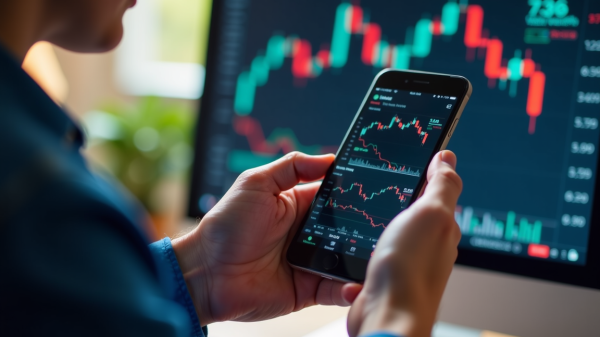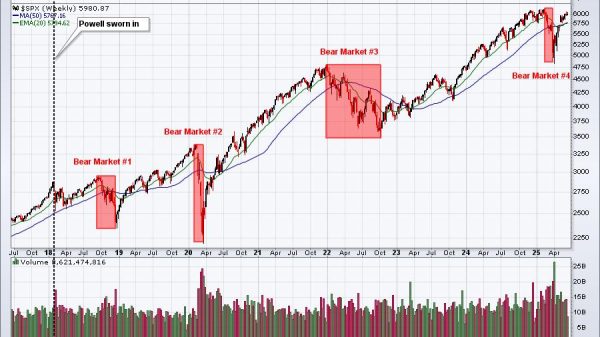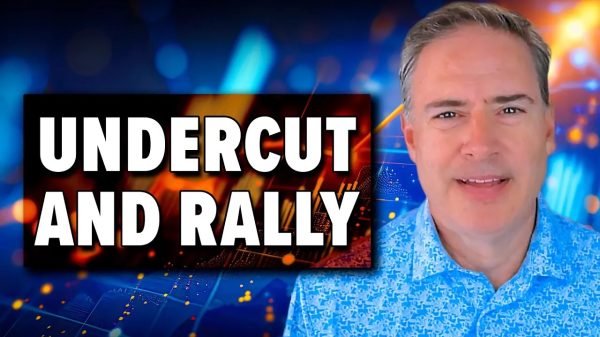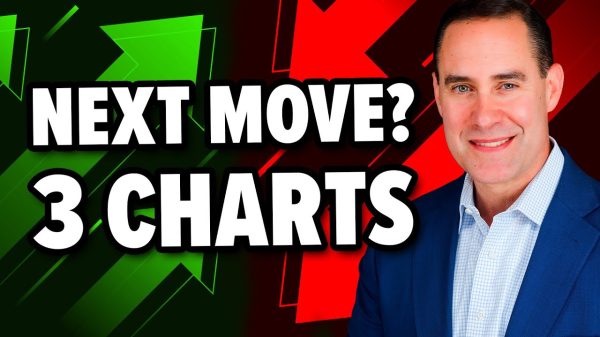FX Strategist: Key Skills and Career Pathways
What is an FX strategist, and how can you become one? Is it the same as a financial analyst? If you are curious to know more about fx strategist jobs, these and more questions we answer for you in the lines below.
What is a currency strategist?
The job of an Fx strategist consists of participating in developing financial investment strategies in conjunction with portfolio managers and on behalf of end investors, whether institutional or private.
Thus, the main function of a strategist is to identify the most likely evolution of financial markets over various horizons.
He does not directly implement the choices intended to reflect these evolutions but develops them with the managers. It is a job that is part of the investment process of asset managers but is farther away from the markets.
A distinction must be made between the job of a strategist and that of a market economist. While one is embedded in the management process, the other has more of an external advisory status.
There is no specific training except in the private sector. However, some sections allow you to move towards these professions.
The Fx strategy expert has received training in economics (bachelor’s degree in economics, commercial sciences, commercial engineering, etc.) from a long-term university or higher education in economics.
These are general training courses that allow you to acquire the ability to analyze economic problems. Then, employers are most often responsible for training currency exchangers internally.
You learn on the job by following a “senior” who will have to pass on the tricks of the trade.
Skill Set needed for FX strategist role
First, you must have a perfect knowledge of the technical characteristics of financial products and master all the mathematical and financial constraints attached to them. In addition, to get your ideas across to your clients, a salesperson must be charming and have good communication skills. Finally, they must be lucky!
The trader, for his part, must be very strong technically. A good trader must not only have character and a strong temperament to impose his position on his management when necessary, but he must also have intuition.
These activities generate very high remuneration. Thus, salespeople who bring in more than 15 million euros in commissions can earn more than 500K annually.
Soft skills
To carry out his activity successfully, the currency exchanger must develop a series of qualities and skills:
Fx strategist’s objective within the bank is to generate a profit margin, so he must be creative in order to propose “solutions” that bring in more money. Remain humble in the face of the large sums he sees passing by every day. Even if they sometimes make good deals, they are not immune to costly setbacks for their company. This is why honesty is very important; there is no point in hiding your mistakes. Forex strategists must keep up to date with current events because the markets are directly influenced by them. Since everything moves very quickly, the money changer must be very resistant to stress and develop a great capacity for analysis and reaction.Professional framework
The money changer most often works in an arbitrage room of a bank, in a stock exchange or exchange company. They are also found in some multinational companies where they manage the flow of foreign currencies entering or leaving the company.
The remuneration is one of the attractive points of the position. Currency traders earn a fixed salary increased by a commission (which represents a percentage of the profits made by the currency trader).
The percentage is, however, limited to avoid taking too much risk in the hope of receiving large commissions.
Opportunities
There are two opportunities that young graduates can choose. They are moving towards portfolio trading of peculiar foreign exchange derivatives but also towards the sale of foreign exchange derivatives to large companies.
To access sales positions, it is essential to have attended a major business school or an MBA. As for trading jobs, they are often reserved for graduates of major engineering schools or holders of a master of science from Anglo-Saxon universities.
As working in the trading room is something exciting, very well paid but also very demanding, it is not possible to spend one’s entire career in the position.
Most often, 2 possibilities are available to them. Either stay in the trading room and work on less stressful products or businesses or leave the trading room and take charge of a team in the field of treasury, for example.
Example of a Currency Strategist
The role of a currency strategist may seem simple at first glance, but in reality, it involves a complex analysis of various factors.
These professionals, who come from diverse backgrounds, create detailed currency reports that consider economic trends, geopolitical shifts, leadership changes, official statements, and global developments.
By examining these elements, they provide valuable insights for businesses to make informed financial decisions and recommend trade actions.
For instance, currency analysts collaborate with financial experts to forecast trends in foreign markets, taking into account external influences, market fluctuations, and international events that could impact the exchange rates of foreign currencies against the U.S. dollar.
In essence, currency strategists play a crucial role in guiding businesses through the complexities of the global financial landscape.
The post FX Strategist: Key Skills and Career Pathways appeared first on FinanceBrokerage.

























